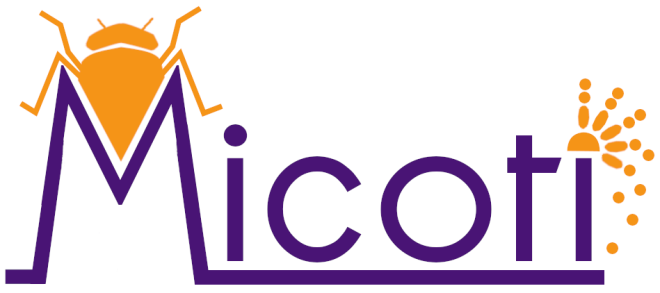The project ‘MICOTI – Fungal microorganisms for the biocontrol of Scaphoideus titanus‘ addresses the problem of managing the leafhopper Scaphoideus titanus, the main vector of the phytoplasma associated with Flavescenza dorata (FD) of grapevine. Due to the epidemic nature of this disease and the severity of the damage caused in vineyards, it is necessary to uproot and destroy compromised plants and periodically apply insecticide treatments to contain the population of the insect vector. However, insecticide treatments have a considerable economic impact on viticulture, as well as harmful consequences for human and animal health and for the biodiversity of the ecosystem. For this reason, recent European and Italian regulations insist on the urgency of reducing or minimizing the use of chemicals and keeping them at economically justified levels.
As a significant step in this direction, the MICOTI project aims to develop two complementary strategies for the sustainable control of FD, based on the interactions between the vector S. titanus and fungal microorganisms. One approach is based on the selection of soil fungi with pathogenic activity (entomopathogenic fungi or EPF) against S. titanus, while the other involves the use of RNA interference mechanisms (RNAi) against a primary fungal endosymbiont, which is part of the S. titanus microbiota.
The project is carried out with the scientific advice and support of the Department of Agricultural, Forestry and Food Sciences (DISAFA) of the University of Turin, under the scientific responsibility of Professor Paola Dolci.

Funding: Italian Ministry of Agriculture
Principal investigator: Simona Abbà
Scientific support: Marika Rossi, Marta Vallino, Luciana Galetto, Cristina Marzachì
Technical support: Elena Zocca, Luca Bordone
Administrative support: Concetta Mottura, Josè Saporita, Danila Fiaschi, Annalisa Cozzolino, Anna Romagnoli
Start date: 17/01/2024
End date: 16/01/2026
